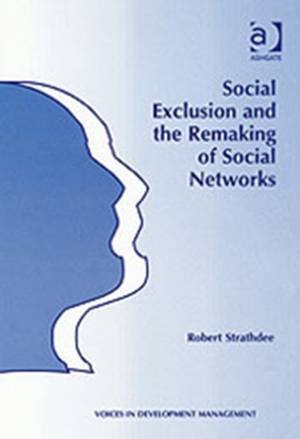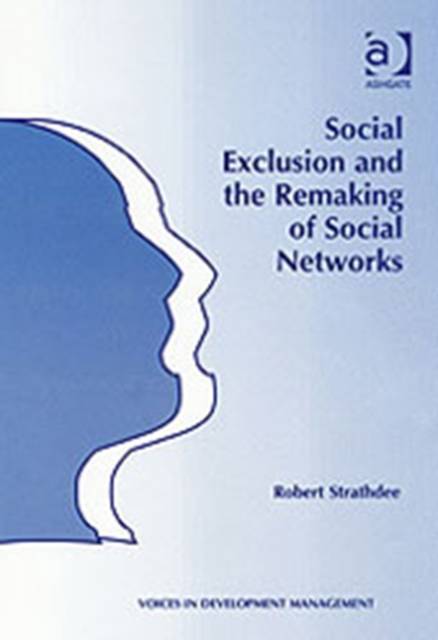
- Afhalen na 1 uur in een winkel met voorraad
- Gratis thuislevering in België vanaf € 30
- Ruim aanbod met 7 miljoen producten
- Afhalen na 1 uur in een winkel met voorraad
- Gratis thuislevering in België vanaf € 30
- Ruim aanbod met 7 miljoen producten
Zoeken
Social Exclusion and the Remaking of Social Networks
Robert Strathdee
€ 182,45
+ 364 punten
Uitvoering
Omschrijving
How do young people make effective transitions into work? This question has occupied the minds of parents and young people, and also researchers and policy makers, as they face up to challenges presented by globalization and technological change. The foremost governmental response to this challenge has been to expand training systems to improve young people's qualifications. However, it is clear that for many this response has failed to deliver the promised rewards and the legitimation of this strategy has been exhausted. This book explores developments in training and in social welfare to show that third way administrations in England and New Zealand are reconnecting young people to the labour market through creating social networks. Social Exclusion and the Remaking of Social Networks describes how networks are being remade by the state in commodified forms.
Specificaties
Betrokkenen
- Auteur(s):
- Uitgeverij:
Inhoud
- Aantal bladzijden:
- 232
- Taal:
- Engels
- Reeks:
Eigenschappen
- Productcode (EAN):
- 9780754638155
- Verschijningsdatum:
- 14/03/2005
- Uitvoering:
- Hardcover
- Formaat:
- Genaaid
- Afmetingen:
- 156 mm x 233 mm
- Gewicht:
- 589 g

Alleen bij Standaard Boekhandel
+ 364 punten op je klantenkaart van Standaard Boekhandel
Beoordelingen
We publiceren alleen reviews die voldoen aan de voorwaarden voor reviews. Bekijk onze voorwaarden voor reviews.











